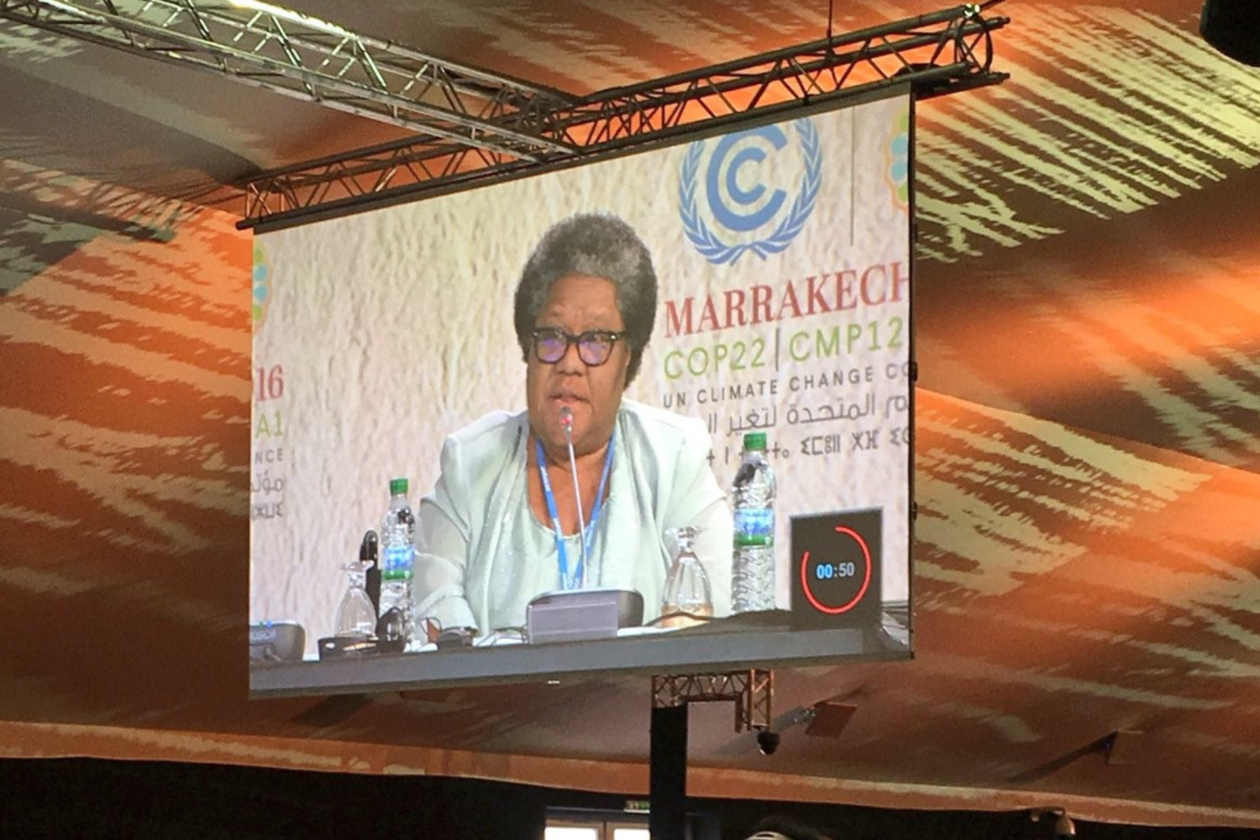
Allison Davis, Deputy Director of Regional Programs has said about Global Greengrants Fund, “We are not truly an environmental justice organization unless we have the full understanding of fifteen percent of the world’s population. People with disabilities need to be a full part of finding solutions to unequal access to natural resources and right to a healthy environment.”
Funding at the intersection of disability rights and the environment is an increasingly more recognized field in global philanthropy. Global Greengrants Fund, through a grant from the Ford Foundation, is seeding initiatives that recognize the rights of persons with disabilities as they tackle our world’s most pressing environmental issues, aiding its efforts to achieve global environmental justice, rooted in cultural integrity, led by communities and grassroots movements.
One in seven people in the world have some form of disability, but like women, Indigenous communities, and other marginalized groups, they are routinely left out of conversations and action to protect rights to a clean and healthy environment. With the unique insights about their own situation and barriers, people with disabilities have important roles to play in proposing creative and relevant solutions to improve their communities and protect our shared planet.
People with disabilities are frequently deprived of their rights, face stigmatization and discrimination, and are uniquely affected by the impacts of climate change and environmental degradation. Pollution and unsafe jobs in environmentally destructive industries not only affect health, but they can also cause permanent disabilities.
Policies to mitigate the impacts of environmental degradation frequently fail to consider disability rights. For example, during climate change related emergencies, people who are deaf or blind may not have equal access to warning alerts, and persons with mobility issues are not always able to access shelters. Moreover, people with disabilities should be represented in community land use and natural resource planning, but planners may fail to make special effort to ensure people are reached and invited to the table.
For these reasons, people with disabilities bring a valuable perspective to environmental and social justice movements that serves to broaden and enrich the agendas of these movements.
Next Steps at Global Greengrants Fund
Global Greengrants Fund’s global network of experts is ready to fund people with disabilities working to promote environmental justice. Here’s how they plan to do it:
- Encourage consultation to identify needs and strengths of persons with disabilities in local communities in relation to their environmental health, resource-based livelihood needs, access to resources, and land rights.
- Provide funding to activist groups who are advocating for just compensation at the policy level for people with disabilities when affected by corporate environmental degradation, pollution or landgrabbing.
- Advocate for accessible disaster risk reduction efforts to ensure that persons with disabilities are not left behind: make sure warning signals are accessible and that escape routes and shelters can accommodate persons with disabilities.
